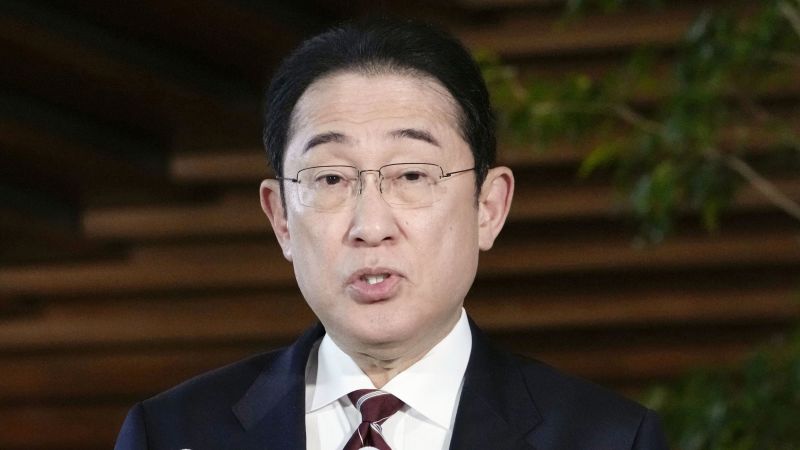Japan, once seen as America’s greatest economic challenger, is now looking to collaborate with the US economy by appealing to American executives to invest in its emerging tech sectors, such as artificial intelligence, semiconductors, and clean energy. Prime Minister Fumio Kishida assured American CEOs that any investment in Japan would also lead to further investments in the United States. Last year, Japanese foreign direct investment in the US exceeded $750 billion, making Japan the largest foreign investor in America.
During a lunch event in Washington, Microsoft announced a $2.9 billion investment to enhance its cloud computing and AI infrastructure in Japan, marking the company’s largest ever investment in Asia’s second largest economy. This event was attended by various executives from companies like IBM, Micron Technology, Boeing, and Pfizer. These closer business ties come as both the US and Japan seek to modernize their political and military alliance in response to regional threats from North Korea, Russia, and China.
Prime Minister Kishida highlighted the joint investment between the US and Japan in the semiconductor industry, particularly mentioning Rapidus, a Tokyo-backed chipmaker working with IBM to bring advanced chip technology to Japan. Japan’s industry ministry approved subsidies worth up to $3.9 billion for Rapidus to build a semiconductor fabrication plant on the island of Hokkaido, aiming to start pilot production of two-nanometer chips in 2025.
Although Japan once dominated the global semiconductor industry, it lost its lead to companies like TSMC, Intel, and Samsung. Rapidus represents Japan’s effort to make a comeback in chipmaking, especially with increasing restrictions imposed by the US on chip sales to China. Prime Minister Kishida sought to dispel doubts about the strength of the Japanese economy during the lunch event, expressing hope that Japan would break free from deflationary sentiment and cost-cutting mentality in 2024.
The tech rivalry between the US and China has been intensifying, with the US enlisting allies like Japan to restrict sales of advanced chipmaking equipment to China. Kishida emphasized the importance of collaboration between Japan and the United States, particularly in emerging technologies like semiconductor development. Japan’s era of negative interest rates recently ended with its first rate hike in 17 years, signaling a shift away from aggressive monetary easing measures implemented in response to chronic deflation. The Japanese economy aims to move past years of economic challenges and embrace a new period of growth and innovation.


